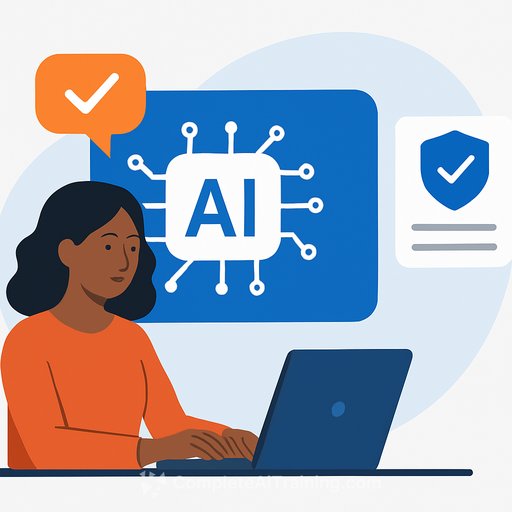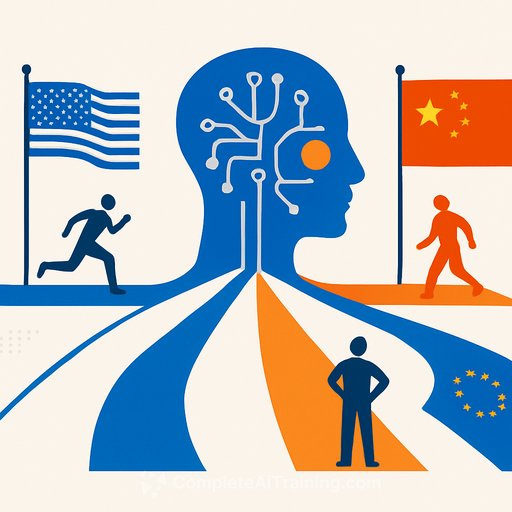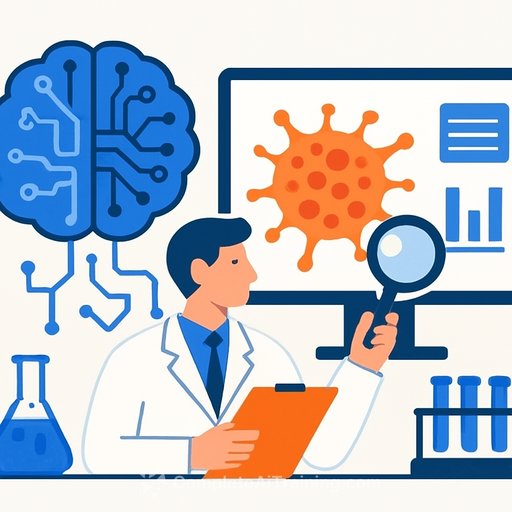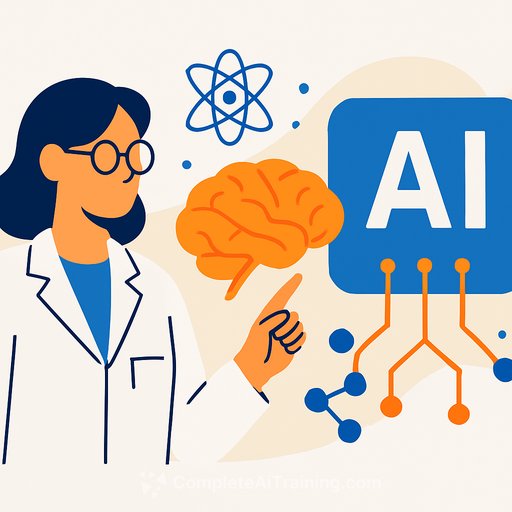Elsevier launches LeapSpace: an AI-assisted workspace built for speed, collaboration, and trusted discovery
Elsevier has introduced LeapSpace™, an AI-assisted workspace for academic and corporate researchers who want deeper insights without leaving trusted ground. It brings together a huge body of peer-reviewed content, responsible AI, and practical tools in one secure environment.
The goal is simple: move from curiosity to discovery faster - with transparency at every step.
Why this matters
Most researchers are testing AI in their workflow, but trust lags. According to Elsevier's Researcher of the Future Report, 84% have used AI tools, while only 22% trust what those tools produce.
LeapSpace tackles that gap by grounding outputs in certified scientific content and showing exactly why sources are cited.
Read the Researcher of the Future Report
What's inside
- One seamless assistant: Ideate, plan projects, scan literature, find collaborators, and identify funding. Answers are structured and referenced using abstracts and full text.
- Trust Cards: Every AI result ships with source lists, why each source was cited, contradictions, and an evidence-strength signal.
- Deep Research: Agentic AI produces detailed reports, highlights emerging patterns, assumptions, limitations, and gaps.
- Upload your own content: Add internal documents to enrich analysis and context.
- Integrated funding discovery: Search 45,000 active and recurring grants worth over $100B from Funding Institutional.
- Efficiency tools: Reading Assistant, Compare, and Author Search speed up evaluation and help you pinpoint collaborators.
- Privacy and security: Enterprise-grade controls aligned with Elsevier's Privacy Principles.
The content backbone
- Scopus: The world's largest collection of research abstracts, data, and analytics - 100+ million records from 7,000+ publishers.
- Peer-reviewed full text: 15+ million articles and book chapters from Elsevier and other leading publishers and societies, with ongoing expansion.
- Publisher-neutral oversight: An independent Advisory Board ensures transparency, explainability, and neutrality.
How it works under the hood
LeapSpace blends agentic AI, generative models, reasoning engines, and retrieval-augmented generation. Every feature follows Elsevier's Responsible AI Principles with transparency and human oversight. Researchers can see how results were generated and why.
What early users are saying
"Rare disease research is limited by the small number of experts focused on each disease, Sanfilippo syndrome being no exception. We rely on connections and learnings across multiple disciplines to bridge gaps in direct evidence. Synthesizing vast amounts of often disparate information is a challenge. In my early experience with LeapSpace, I've been impressed with how it's able to address these challenges while providing confidence in the accuracy and rigor of its outputs." - Cara O'Neill MD, FAAP, Chief Science Officer, Cure Sanfilippo Foundation
Availability
LeapSpace is available now for institutional preview. Existing and new ScienceDirect AI customers will be upgraded when LeapSpace becomes commercially available in Q1 2026.
Practical takeaways for research teams
- Use the assistant to map a field in hours, not weeks, with citations you can audit.
- Run Deep Research to surface patterns and contradictions before you lock your study design.
- Upload lab notes, protocols, or internal reports to contextualize literature findings.
- Track active grants alongside literature reviews to align funding and scope early.
- Lean on Trust Cards to justify decisions in protocols, IRB packages, and strategy decks.
Helpful resources
Your membership also unlocks:





